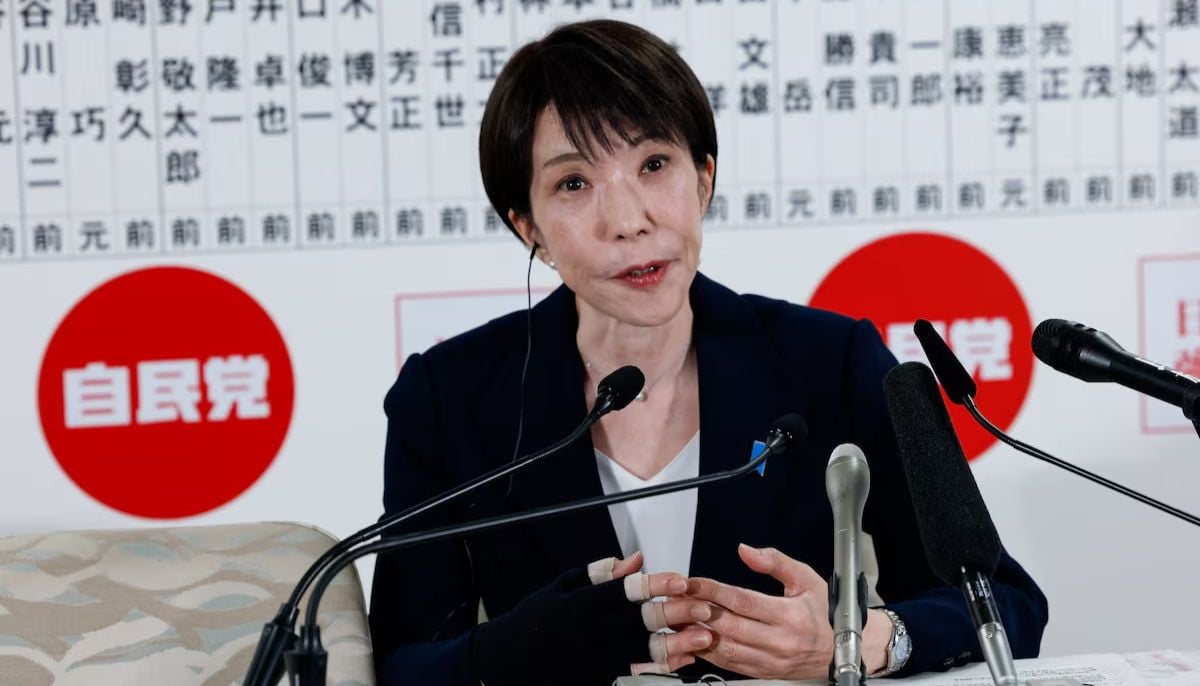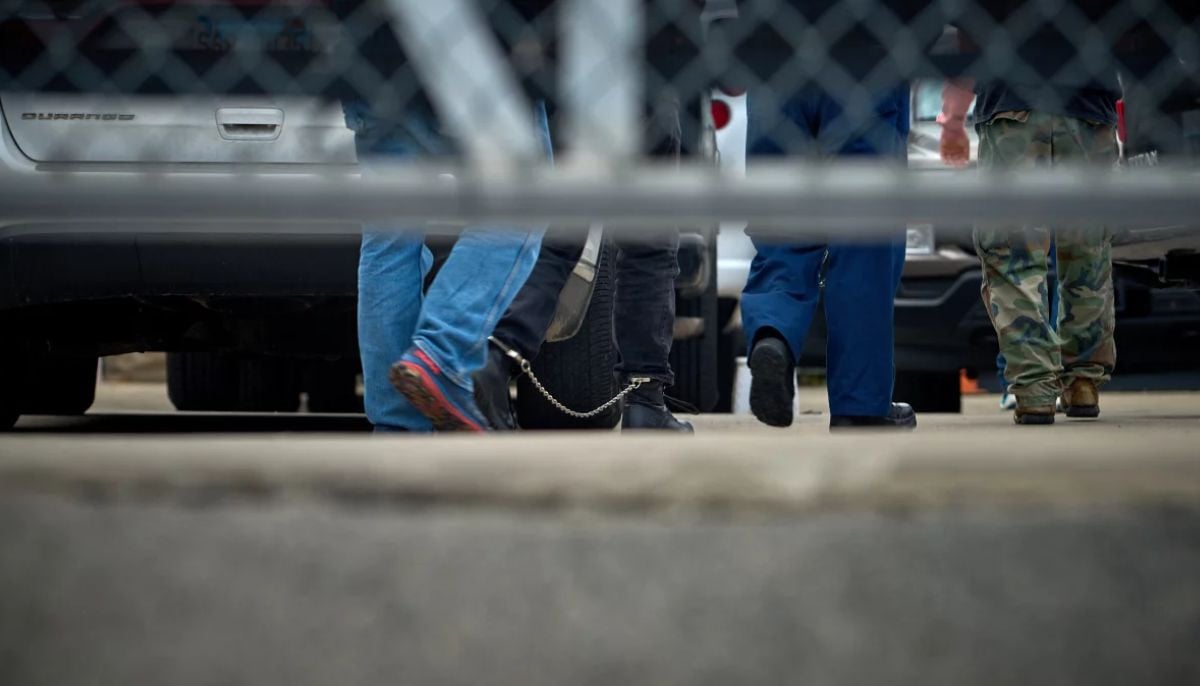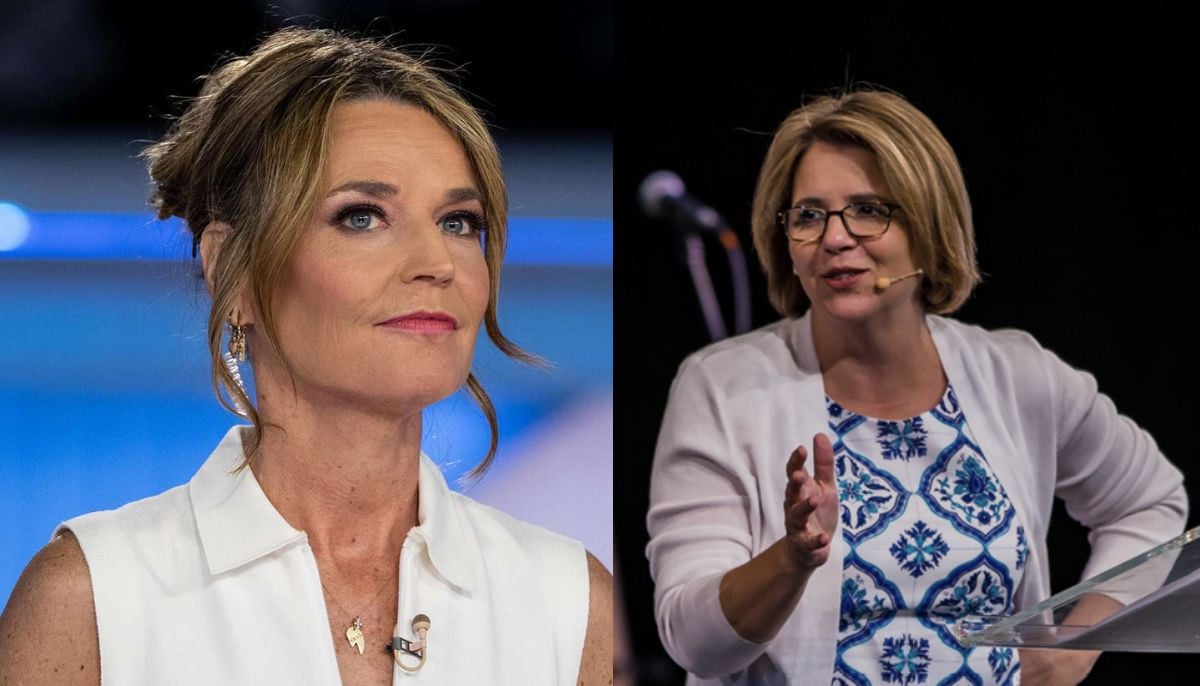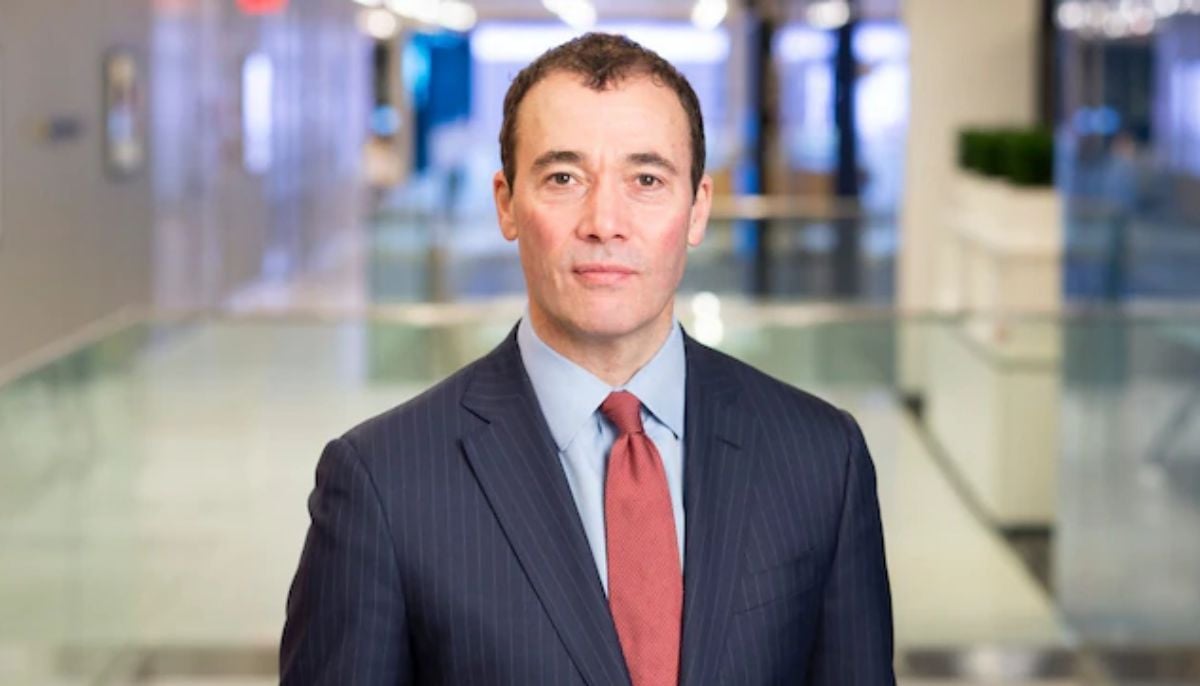The 19th National Congress of the Communist Party of China concluded after a comprehensive report and action plan for the next five years and beyond was expounded by the Party's General Secretary Xi Jinping at the opening session.
President Xi's speech can be described as the culmination of his vision for China and the leading role it can play as a responsible global power which he has been enunciating particularly during the current year in a sequence of major international events.
From the Davos World Economic Forum in January to the Beijing Belt &Road forum in May and the Xiamen BRICS summit in September, it has been a crescendo of his pronouncements about China's commitment to progress, peace and an ever-growing cooperation at international level.
While many Western democracies are struggling against the rise of disruptive populist movements and deep-seated political antagonism, China's pragmatic, responsible and innovative approach to socialism is sustaining vigorous economic growth, political stability and expanded equality.
"The Chinese nation is a great nation that has been through hardships and adversity but remains indomitable," said Xi as he listed the country's achievements. “The Chinese people are a great people. They are industrious and brave and they never pause in pursuit of progress."
But he also warned that more had to be done in order to accomplish "national rejuvenation" and the “Chinese dream” -- two concepts he has frequently used during his first term as catchwords of his vision.
Titled "Secure a decisive victory in building a moderately prosperous society in all respects and strive for the great success of socialism with Chinese characteristics for a new era," the speech has definitely paved the way for the so-called "Two Centenary Goals," i.e. the two bold goals that will see China evolving into one of the most prosperous and advanced country in the world.
First, the attainment of a "moderately well-off society" by 2020 just ahead of the CPC's 100th anniversary. Second, the development of a fully developed nation by 2050, shortly after the People’s Republic of China’s 100th anniversary.
Xi outlined a specific timetable for reaching the second centennial goal. He said the Party will first lead China to "basically accomplish socialist modernization" by 2035, when, among other things, the nation will have narrowed its wealth gap and improved its environment significantly.
The second stage will span from 2035 to 2050, a period during which the Chinese people will basically enjoy "common property." By then, he said, “the Chinese nation will stand with a more high-spirited image in the family of nations."
No other Party leader has conceived and committed himself and his Party to a program of such magnitude.
Governing China requires a political system capable of coalescing a large number of government bodies and institutions into one connected whole and in such a vast and populous country this is possible only with a clear line of command which is also a plus for relations with outside partners.
Elenoire Laudieri Di Biase, sinologist from the university of Ca' Foscari and Melbourne University, Australia, is an expert on international diplomacy and psychoanalysis. Senior analyst on China at the Nato Defense College Foundation
-
Martha Stewart on surviving rigorous times amid upcoming memoir release
-
18-month old on life-saving medication returned to ICE detention
-
Cardi B says THIS about Bad Bunny's Grammy statement
-
Chicago child, 8, dead after 'months of abuse, starvation', two arrested
-
Funeral home owner sentenced to 40 years for selling corpses, faking ashes
-
Australia’s Liberal-National coalition reunites after brief split over hate laws
-
Savannah Guthrie addresses ransom demands made by her mother Nancy's kidnappers
-
Washington Post CEO William Lewis resigns after sweeping layoffs











